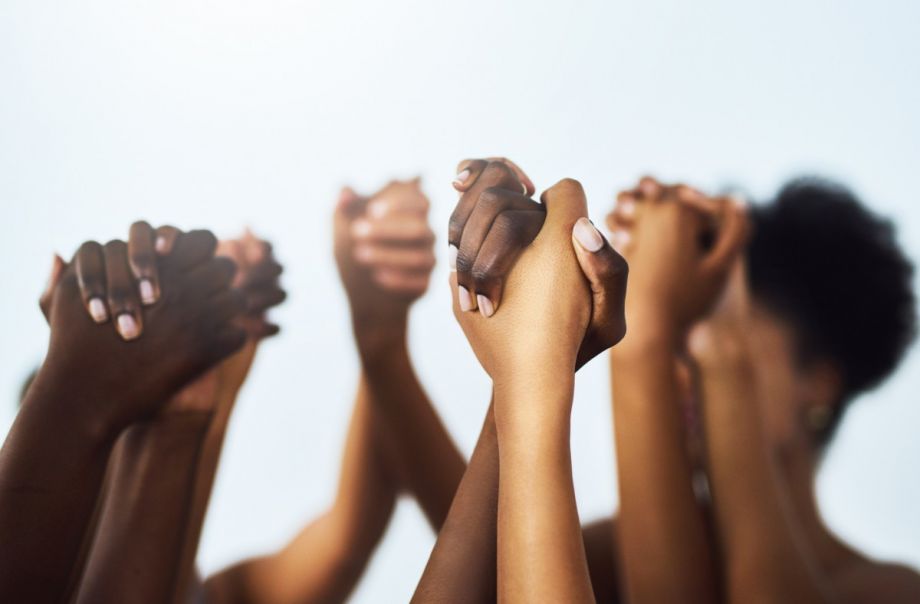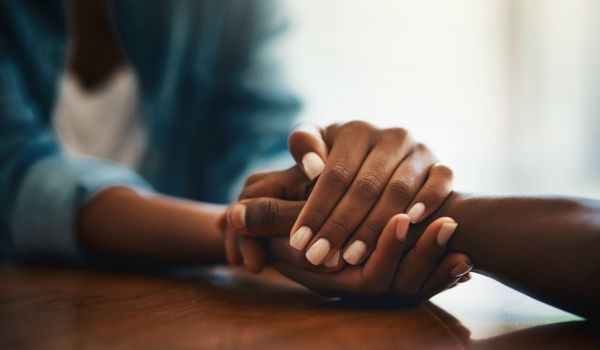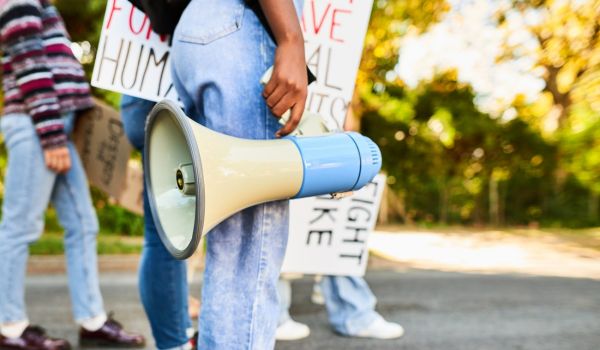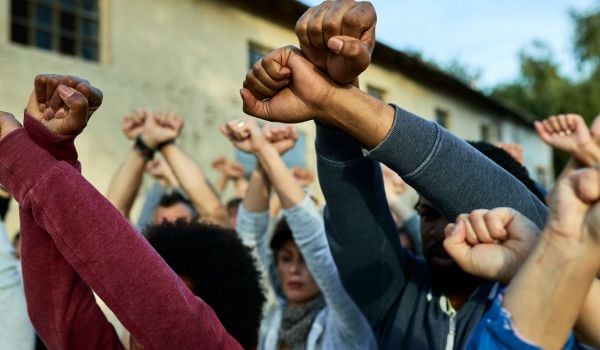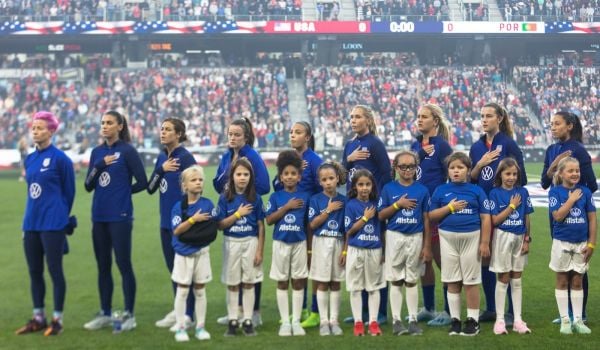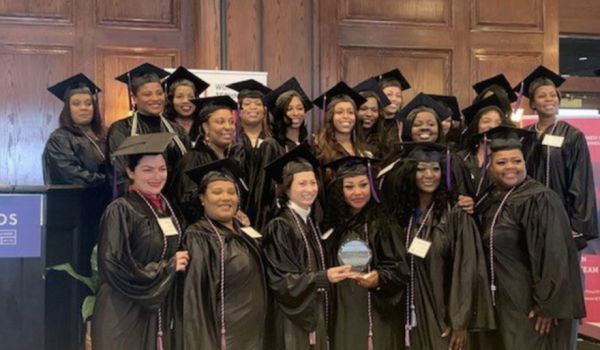EDITOR’S NOTE: “Hear Us” is a column series that features experts of color and their insights on issues related to the economy and racial justice. Follow us here and at #HearUs4Justice.

Black women are born fighting for our human, civil, and economic rights — especially the rights meant to hold, protect, and heal our sacred bodies. In fact, we’re confronted with systemic oppression from the womb.
The Supreme Court’s recent decision to overturn Roe v. Wade won’t stop our fight, but it does demolish what has been the floor for Reproductive Justice (RJ) — a human rights framework created by Black women and rooted in Black feminist theory. Complementary to Black Women Best, RJ demands the right for Black women and all birthing people to control our reproductive choices and to have autonomy over our sexuality, gender, work and reproduction. This right can only be achieved when we have economic, political, and societal power over our own lives, including our bodies, our families, and communities. Abortion access is Reproductive Justice, and Reproductive Justice is power.
Since the passage of Roe in 1973, policymakers have made a consistent, concerted effort to diminish that power and cement our oppression. Black women have endured the worst of this. And Black women are the ones who have the playbook to liberation.
The Roe Decision Compounds Black Women’s Oppression
The Roe decision will be disproportionately harmful to Black women, Black birthing people, and Black girls. In fact, Black women and girls account for almost 40 percent of all abortions in the U.S. while representing only 13 percent of the population. Additionally, the states with abortion bans or the strictest abortion laws have more Black women residents than other states. Black individuals overwhelmingly support the right to choose, but policymakers and the courts continue to deny us our bodily autonomy.
This is the direct result of structural exclusion and exploitation, particularly in health care access and in the labor market. That exclusion and exploitation perpetuate economic and bodily oppression. In Mississippi, for example, Black women represent nearly 40 percent of the state’s population but account for 74 percent of abortions and are excluded from 62 percent of all jobs. Abortion bans limit our ability to build generational wealth and force us to compromise on opportunities for personal, social and professional growth. One of the single greatest contributors to persistent poverty among Black women is an unplanned birth.
“Either the means of getting an abortion [are] not going to be safe, so you put your life at risk, or you carry the baby to term,” said Dr. Digna Forbes. “Now you have the economic burden of raising a child that you cannot afford.”
When you consider the devastating reality of Black women’s mortality, the ramifications of the fall of Roe are nearly immeasurable. Because of structural inequities, including racism, Black women suffer from higher rates of maternal, infant, and pregnancy-related mortality. In the United States, Black women are three times more likely to die of a pregnancy-related cause than white women.
This is injustice. On top of generational injustice after generational injustice. To achieve reproductive justice, we must center Black women’s lived experiences and the solutions they’ve shaped for decades.
Black Women Will Set Us Free
Black women will not stop fighting for our human, civil and economic rights, which means we will not stop fighting until Reproductive Justice is the law of the land. To that end, lawmakers across the country must protect abortion access and ensure that Black women — and anyone else who needs this form of health care and economic choice — can receive safe and affordable abortion care.
By centering the intersectional impact of race, class, and gender in one’s (in)ability to live free from state-sanctioned oppression, we can collectively root down in Reproductive Justice as a collective framework that sustains equitable outcomes throughout the economy and our society more broadly. This means building solutions that both center Black women and Black birthing people’s experiences and reflect our vision for a freer future, creating a ripple effect of justice that will extend to all.
All Black women and birthing people innately deserve the freedom, power and resources to assert agency over their own bodies. An economic and political movement rooted in Reproductive Justice is a movement that can dismantle the interlocking systems of oppression that limit our collective liberation and livelihoods, and threaten our lives. We shouldn’t settle for anything less. Black women won’t.
Camille Kidd is the government affairs manager at In Our Own Voice: Black Women's Reproductive Justice Agenda.

